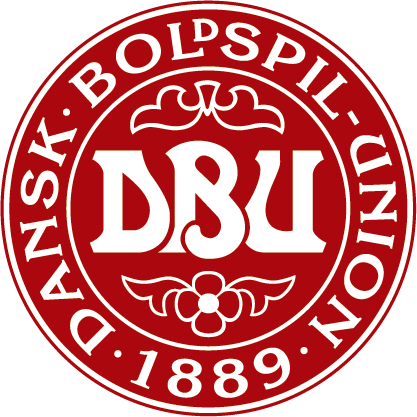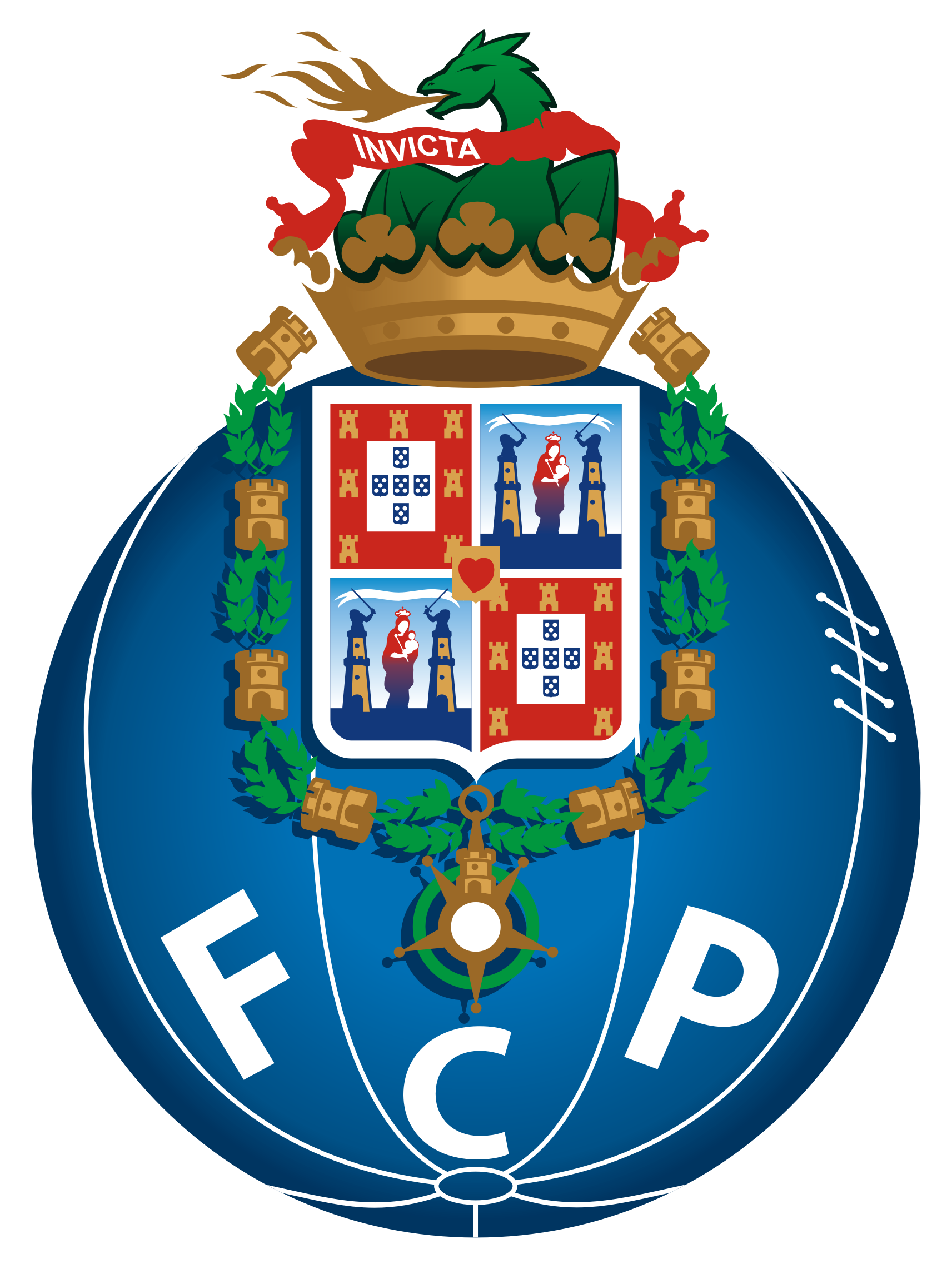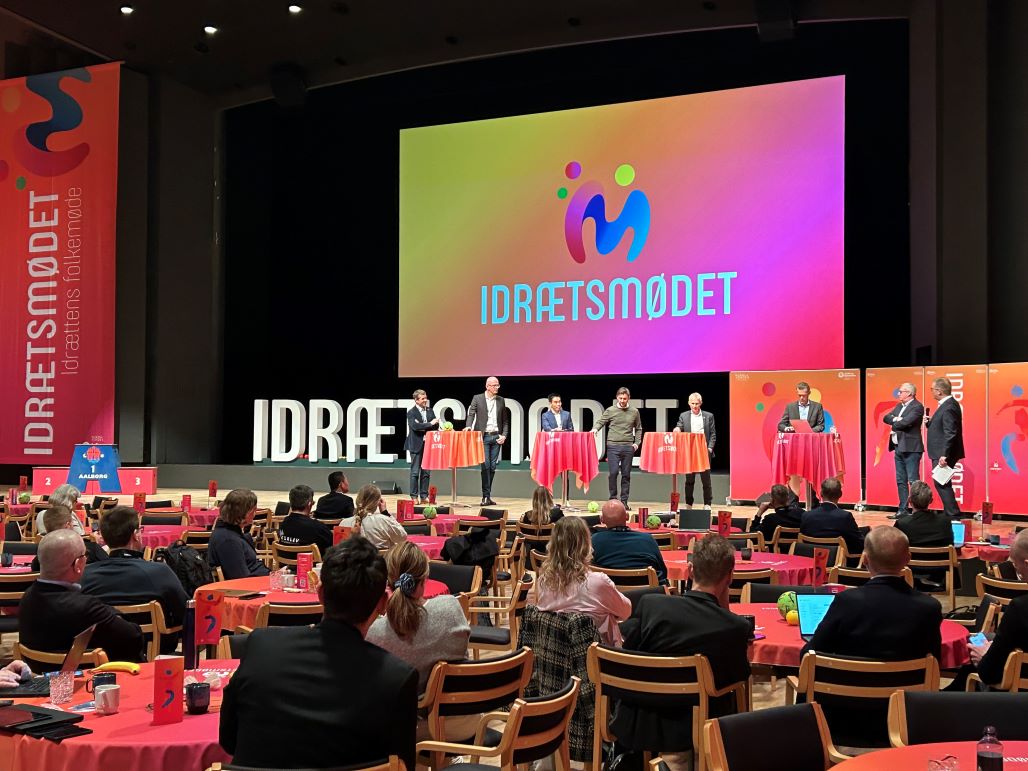Anders Kjær of the Danish FA as an ACCESS ambassador at the Sports Meeting in Aalborg
One of the largest sport meetings in the north of Europe took place in late April with the appearance of ACCESS, thanks to the presence of Anders Kjær, the Danish FA’s Senior Manager for Sustainability.
He was on the stage to present concrete experiences and explain how an extended network and the ACCESS project was pivotal in the design process and outcome of the Danish FA’s Strategy “Football with Responsibility and Ambitions” which also included a roadmap towards 2025. Anders concluded that it is highly relevant but also demanding for sports to work in the field of sustainability. There are many expectations, and the organisations must try to adapt and integrate new trends, requirements, as well as formal obligations. There is a potential in updating football’s classic approach to social responsibility in sports by including new green focuses. This can create opportunities to establish new communities and commercial partnerships. However, it is crucial to have a broad and solid support as well as effective implementation to turn sustainability strategies and goals into reality.
While participating in a panel discussion, moderated by Søren Ørgaard, of Aalborg municipality, Anders replied to the following questions.
Q: How is the implementation of the action plan progressing?
We are well underway with promoting the sustainability concept of building on the efforts and results we have achieved over the past 10 years with “Part of Something Bigger.” But it is a team effort. Therefore, we have worked to ensure a governance structure with clear anchoring both in the political and administrative system, including ensuring a program approach and continuous reporting to ensure that the efforts are fully completed. When the action plan expires in 2025, we need to clarify the internal and societal benefits of working structurally and purposefully with green sustainability and circularity.
Q: Is there a green understanding throughout the organization?
We want to integrate sustainability into the core business. But green sustainability is new to us – and also very dynamic. We are looking at a strong societal trend, with increasing demands regarding reporting, and but also requests from partners who want to strengthen this agenda. We are just in the beginning – and are looking for more strategic and international partnerships, for example, such as the ACCESS project and its partners, which has been proved to be a source of inspiration,
Q: Does DBU have a fundamental understanding of and insight into where you come from to set some ambitious but also realistic expectations?
We started by investigating the climate and environmental impacts related to the hosting of national matches at Parken back in 2022. The result was very clear – it is mainly the climate footprint of the approximately 2,000 traveling spectators that impacts the climate burden. Based on a review of transport data from the national match on September 25, 2022, we could see that 66% of Danish fans use green transport forms, where the climate impact is limited. Only a third of Danish spectators use private cars or planes to get to the national match, while public transport is the most common form of transport, with as many as 37% of Danish spectators taking the bus, metro, or train to and from the match. An initial estimate in connection with our participation in the EURO2025 is that we will generate around 240 tonnes CO2 by sending our national team and staff to the three preliminary matches. This also includes our board, committee members, partners, and sponsors.















